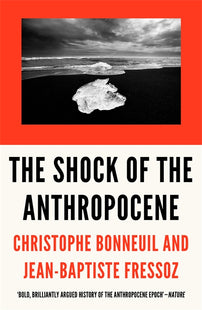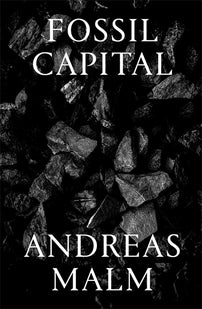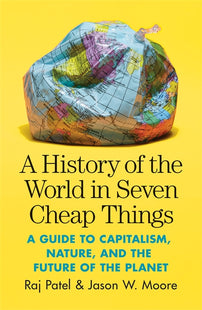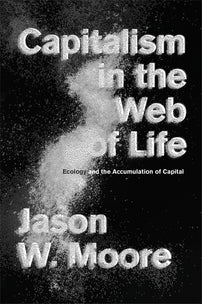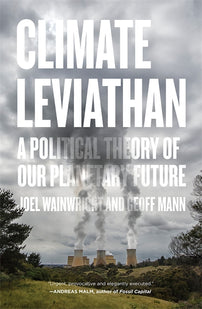‘Energy transition’ and the movement against climate change
Jean-Baptiste Fressoz argues that the term "energy transition" masks the persistence of old systems and underestimates the transformation to be achieved.

Due to the climate crisis, the history of energy has acquired an existential importance. Thus, in its latest report, the Intergovernmental Panel on Climate Change (IPCC) argues from the history of past energy transitions to infer the probability of a transition compatible with a warming of 1.5°C.
Its optimism is measured, but present nonetheless. ‘These systems transitions are unprecedented in terms of scale, but not necessarily in terms of speed,’ according to the ‘summary for policy makers’. But the use of the word ‘transition’ here is based on a serious misunderstanding. What historians study are in fact ‘energy additions’ and not transitions.
For example, gas for lighting did not eliminate candles, and steam engines did not replace muscle power: on the contrary, candle production exploded in the nineteenth century, and the number of horses reached a historic peak in the 1900s. Even in the steel industry, where coal was used early, wood remained dominant until the 1860s in France and until the 20th century in Sweden.
Energies have cumulated over time
We do not simply switch from wood to coal, then from coal to oil, then from oil to nuclear: these energy sources have actually cumulated over time.
Although coal use decreased relative to oil during the twentieth century, total consumption continued to increase, and in 2017 more coal was burned than ever before. Likewise, nuclear and renewable energies have so far added only a thin layer to an energy mix that remains fundamentally carbon-based: according to British Petroleum statistics, fossil fuel (coal, oil, gas) accounted for 87 per cent of the world’s energy consumption in 1980... and 85 per cent today.
If the term ‘energy transition’ is confusing, this may be due to its history. Its origin is indeed very far from climatic or ecological objectives. In the 1970s, the United States was hit by the two oil shocks, which generated a real national anxiety. On 15 July 1979, President Jimmy Carter delivered to 65 million viewers his famous ‘crisis of confidence’ speech, whose central idea was that the energy crisis could not be fought without changing American society. The United States had to renounce consumerism and revive the fund of civic and Christian virtues.
Borrowed from atomic physics
It is in this context that the term ‘energy transition’ acquired its full meaning. It has been promoted by powerful institutions – the US Department of Energy, the Institute for Future Studies in Sweden, the Trilateral Commission, the European Economic Community – and taken up by industry to combat far more distressing expressions such as ‘energy crisis’ or ‘energy gap’.
In most cases, it is used to designate so-called ‘alternative’ energies: nuclear energy first and foremost – rather disturbingly, the term ‘energy transition’ is actually borrowed from atomic physics – but also gas, shale oil… and even coal. In the mid-1970s, saying ‘transition’ rather than ‘crisis’ made the future far less worrying by linking it to a planning and managerial rationality.
Words become trapped. Applied to history, the ‘energy transition’ prevents us from seeing the persistence of old systems. Applied to the contemporary climate challenge, it radically underestimates the transformation that must be carried out in order to avoid a rise of more than 1.5°C in 2100: because this time, it is not a question of making yet another energy addition, but of subtracting from our energy mix the 85 per cent that comes from coal, oil and gas.
Originally published by Le Monde, 23 October 2018 Translated by David Fernbach
[book-strip index="1" style="display"]